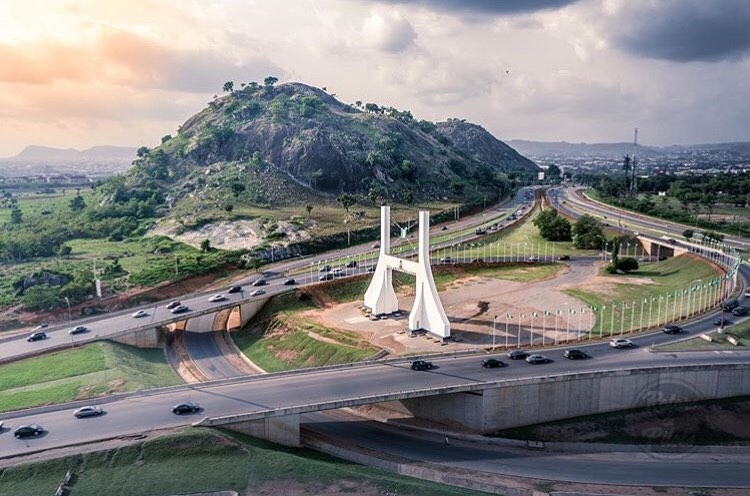By Nasir Dambatta
In what is now etched as a watershed moment for Nigeria’s education sector, Governor Uba Sani of Kaduna State played host to a powerhouse gathering of global and national stakeholders at this year’s first-ever Nigeria International Conference on Education—tagged KADA EduPACT 2025.
Held between July 9–11, the groundbreaking summit turned Kaduna into an intellectual melting pot, drawing international development giants like the United Nations, World Bank, British High Commission, Islamic Development Bank, and UNICEF, alongside a battery of federal and state education chiefs, NGOs, and policy technocrats.
The conference, themed around transforming education through strategic partnerships, was no routine affair. It was a power move by Governor Uba Sani—a man who has elevated education from campaign rhetoric to concrete transformation.
Topping the summit’s global presence was UN Deputy Secretary-General, Amina J. Mohammed, who delivered a rousing keynote on equity in education and system resilience. Her presence alone signaled international endorsement of Kaduna’s education reforms. Also present was Mrs. Gill Lever OBE, British Deputy High Commissioner, whose remarks highlighted the United Kingdom(UK) government’s support for Kaduna’s education vision.
Delegations from the World Bank, UNICEF, Save the Children, Education Above All, and others engaged in plenaries focused on funding, technology, and tackling out-of-school children. I was privileged to serve as Rappoteur at this moving, historic event.
From the Nigerian side, the summit brought together the Minister of Education, Dr. Morufu Tunji Alausa, who reaffirmed federal collaboration, as well as UBEC Executive Secretary, Dr. Aisha Garba, who emphasized scaling access to quality basic education.
Kaduna’s own education team, led by Commissioner Prof. Abubakar Sani Sambo and Schools Quality Assurance DG, Prof. Usman Abubakar Zaria, served as strategic anchors of the summit.
Other key contributors included representatives from ERICC, PLANE-FCDO, Hope for Communities and Children, and institutions such as Kaduna State University, Cosmopolitan University, and Nuhu Bamalli Polytechnic. The presence of grassroots and policy actors ensured a rich diversity of views across multiple sessions.
Panel discussions tackled hard questions—from sustainable education financing to the Almajiri crisis, digital learning, and accountability in school governance. The diversity of voices reflected a shared urgency: Nigeria can’t afford to miss the future of learning.
But perhaps the real story is this: for the first time, an African subnational government led a global conversation on reimagining education—and it happened in Kaduna.
Governor Uba Sani’s leadership shone throughout, not just as a host but as a visionary reformer. His message was unmistakable: Kaduna is not waiting for change—it is engineering it.
As the EduPACT 2025 Summit closed with renewed commitments and a bold roadmap, one truth stood tall: the centre of education innovation in Nigeria just shifted northwards. And Kaduna is leading the charge.
*Dambatta is Senior Special Assistant to the Governor on Print Media



